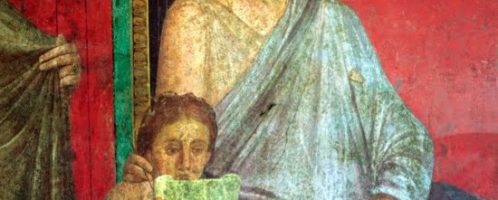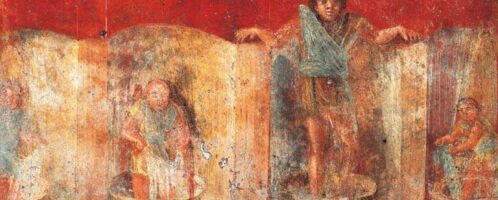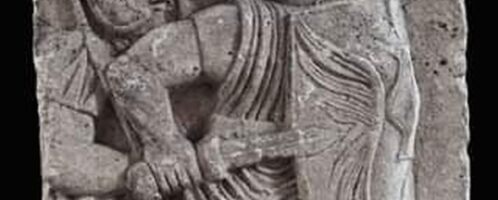Bust of elderly man – so-called patrician Torlonia
Roman bust showing an older man – so-called patrician Torlonia. It is widely believed that the sculpture depicts the famous Cato the Elder (234-149 BCE). The object is in the collection of the Torlonia Foundation in Rome. The sculpture is dated to the 1st century CE and is a copy of a republican masterpiece from the 1st century BCE.











